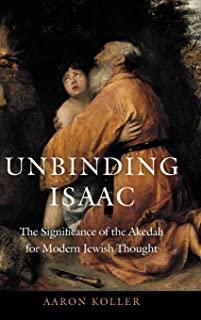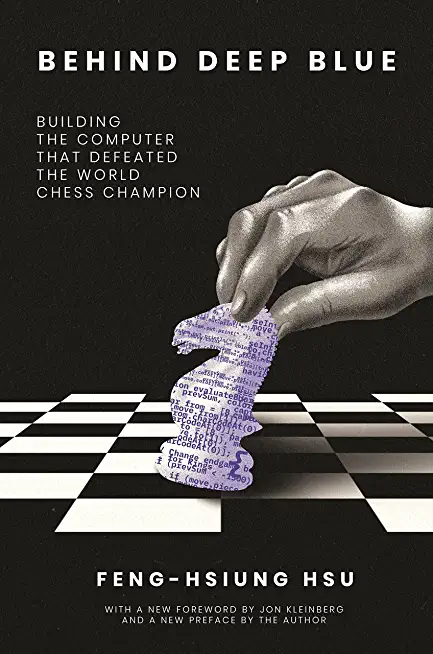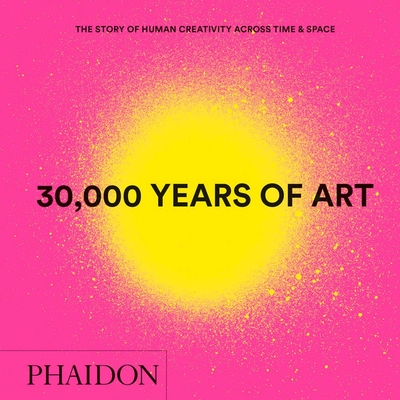
Koller, Aaron
Unbinding Isaac takes readers on a trek of discovery for our times into the binding of Isaac story. Nineteenth-century Danish philosopher S ren Kierkegaard viewed the story as teaching suspension of ethics for the sake of faith, and subsequent Jewish thinkers developed this idea as a cornerstone of their religious worldview. Aaron Koller examines and critiques Kierkegaard's perspective--and later incarnations of it--on textual, religious, and ethical grounds. He also explores the current of criticism of Abraham in Jewish thought, from ancient poems and midrashim to contemporary Israel narratives, as well as Jewish responses to the Akedah over the generations.
Finally, bringing together these multiple strands of thought--along with modern knowledge of human sacrifice in the Phoenician world--Koller offers an original reading of the Akedah. The biblical God would like to want child sacrifice--because it is in fact a remarkable display of devotion--but more than that, he does not want child sacrifice because it would violate the child's autonomy. Thus, the high point in the drama is not the binding of Isaac but the moment when Abraham is told to release him. The Torah does not allow child sacrifice, though by contrast, some of Israel's neighbors viewed it as a religiously inspiring act. The binding of Isaac teaches us that an authentically religious act cannot be done through the harm of another human being.
Aaron Koller is a professor of Near Eastern studies at Yeshiva University and chair of the Department of Jewish Studies at Yeshiva College. He is author of The Ancient Hebrew Semantic Field of Cutting Tools and Esther in Ancient Jewish Thought as well as numerous studies in Semitic philology. Koller has served as a visiting professor at the Hebrew University in Jerusalem and held research fellowships at the Albright Institute for Archaeological Research and the Hartman Institute. He lives in Queens, New York, with his wife, Shira Hecht-Koller, and their children.
member goods
listens & views

CHRISTMAS COLLECTION: THE GREATEST GIFT ...
by GRANT,MANSON AND THE DYNAMOS
COMPACT DISCout of stock
$14.99






